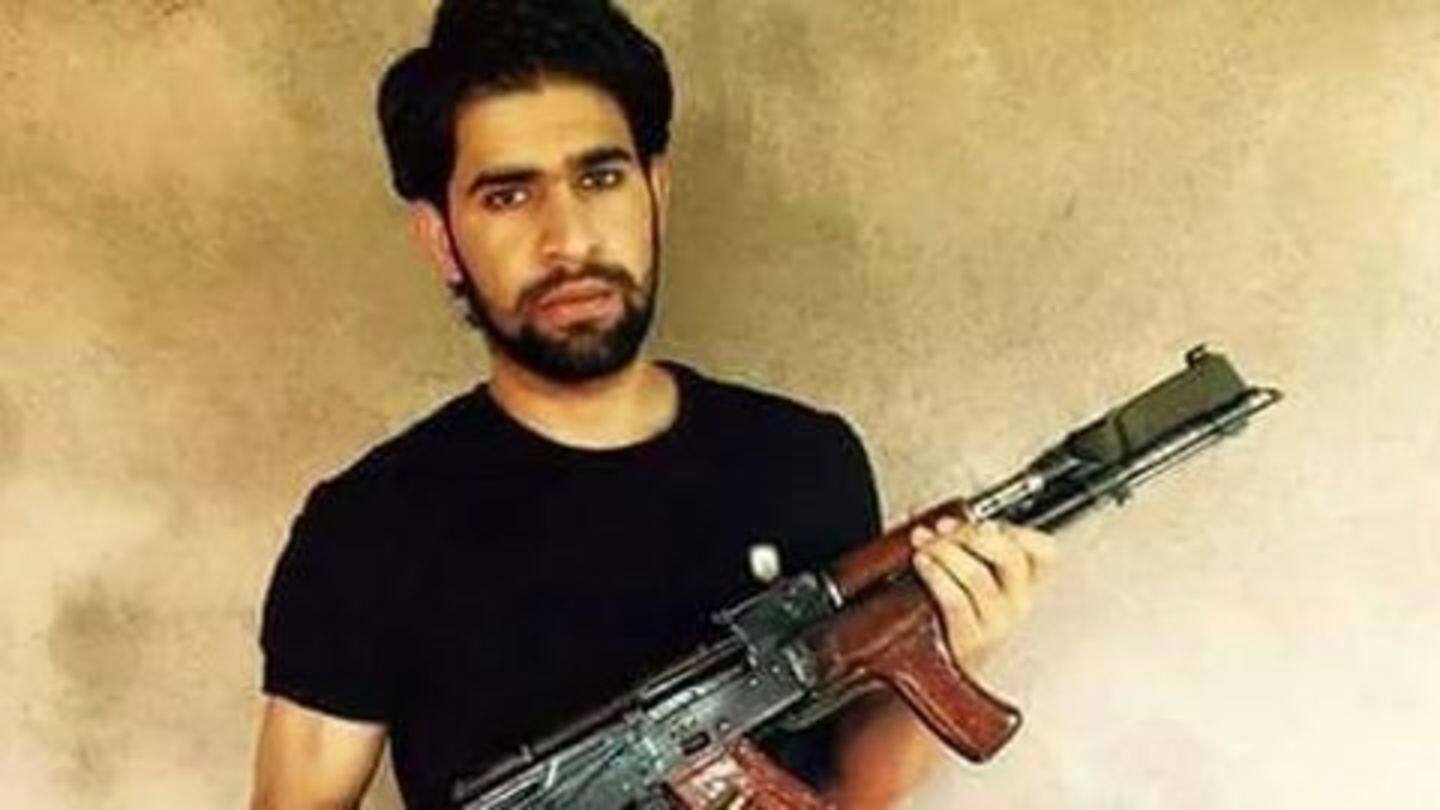
Zakir Musa's caliphate calls divide Hizbul Mujahideen
What's the story
Intelligence sources revealed that ousted Hizbul Mujahideen commander Zakir Musa's call for establishing an Islamic caliphate in Kashmir and to kill Kashmiri separatist leaders has created fractures within the organization's ranks. Sources said Musa and a group of Hizbul defectors are now promoting ISIS ideology and gaining support. However, agencies maintained that ISIS is not present in Kashmir.
March'17
Zakir Musa calls for Islam's supremacy
Zakir Musa is the successor of former Hizbul Mujahideen commander Burhan Wani, who was killed by Indian forces in 2016. Musa called for establishing a caliphate in Kashmir and abandoning the cause of Kashmiri nationalism as "nationalism and democracy were forbidden in Islam." He also threatened to kill members of the Hurriyat for making Kashmir a political cause and not a religious one.
Information
Pak, Hizbul distance themselves from Musa
Sources stated that the Hizbul leadership in Pakistan as well as their sponsors, Pakistan's intelligence agency ISI, were furious at Musa's statement that Kashmir was not a political issue. His threats to the Hurriyat leadership also did not go down well. He quit the organization.
Kashmir
How forces manage Kashmir's conflict
So far, the primary threat perception in Kashmir has been separatist political movements fuelled by armed separatist insurgency. Calls for an Islamic caliphate proves complicated for both separatists as well as Indian forces. An Islamic caliphate would dismantle Pakistan's designs to split Kashmir from India, and also pose a threat to Pakistan itself. Indian forces will also have to face better-equipped, better-funded foreign fighters.
ISIS
Is ISIS a threat?
Agencies said there were multiple instances of ISIS flags and propaganda surfacing in Kashmir. The ISI has reportedly warned other terror groups not to get swayed by calls for a Caliphate. Indian agencies are worried that Musa's calls may attract Kashmiris living outside the state, who are already suspected ISIS sympathizers. However, officials stated that Pakistan-based separatist terror remained the biggest threat to Kashmir.